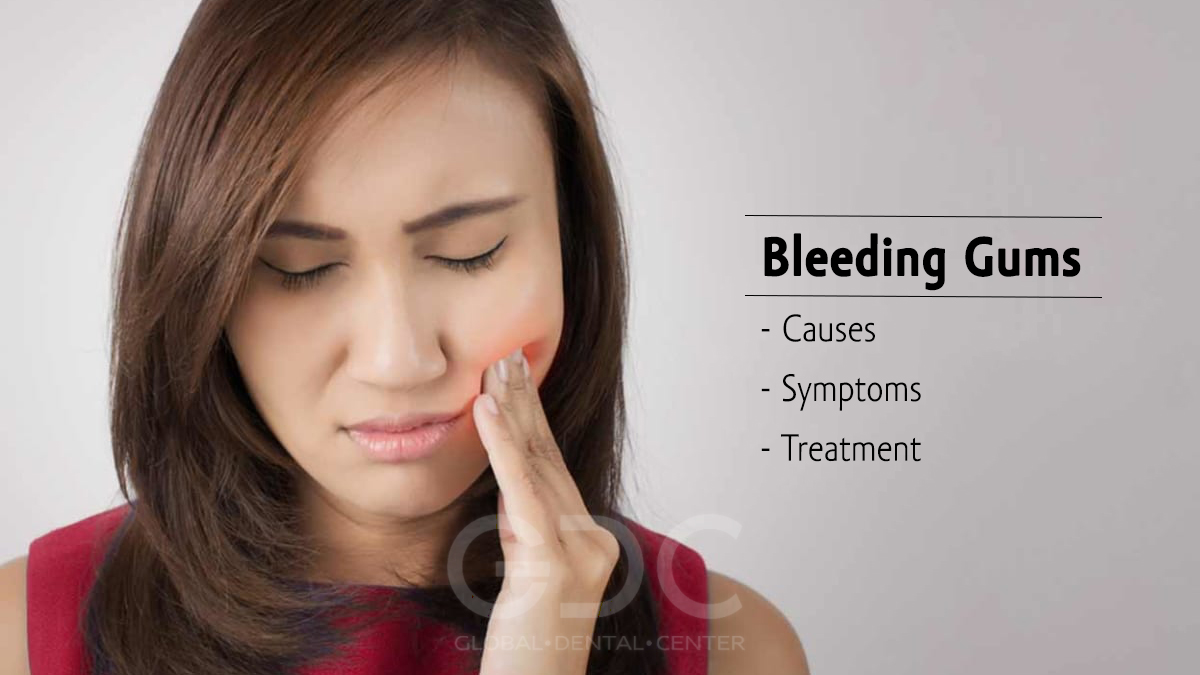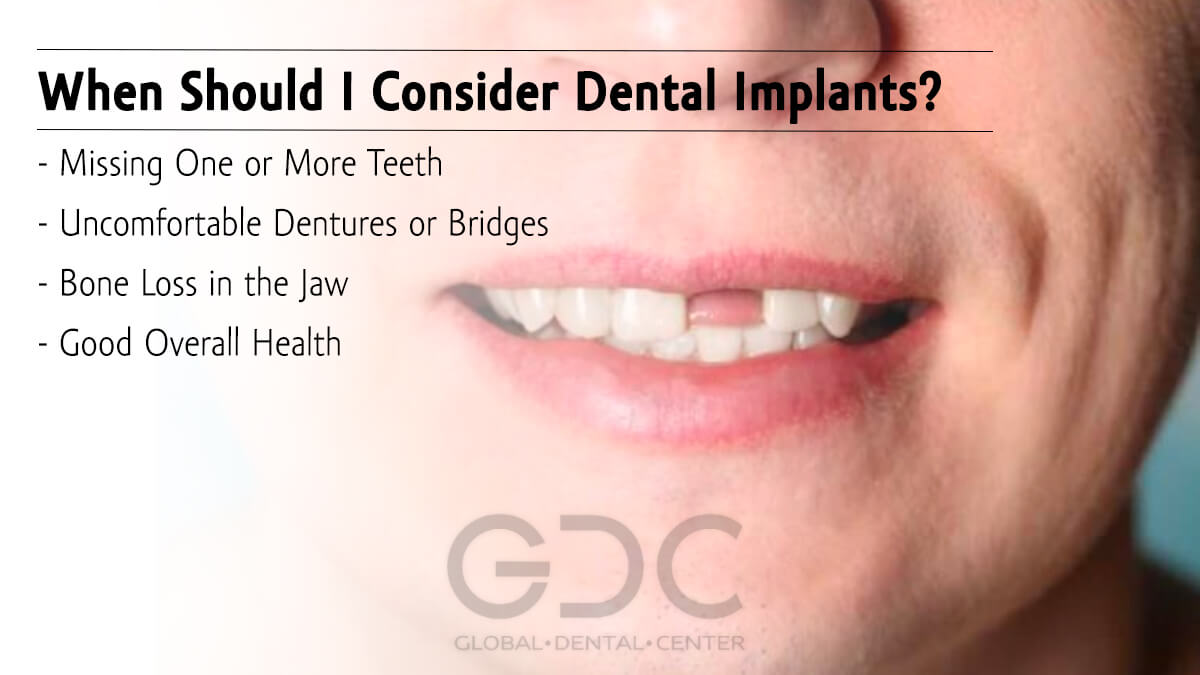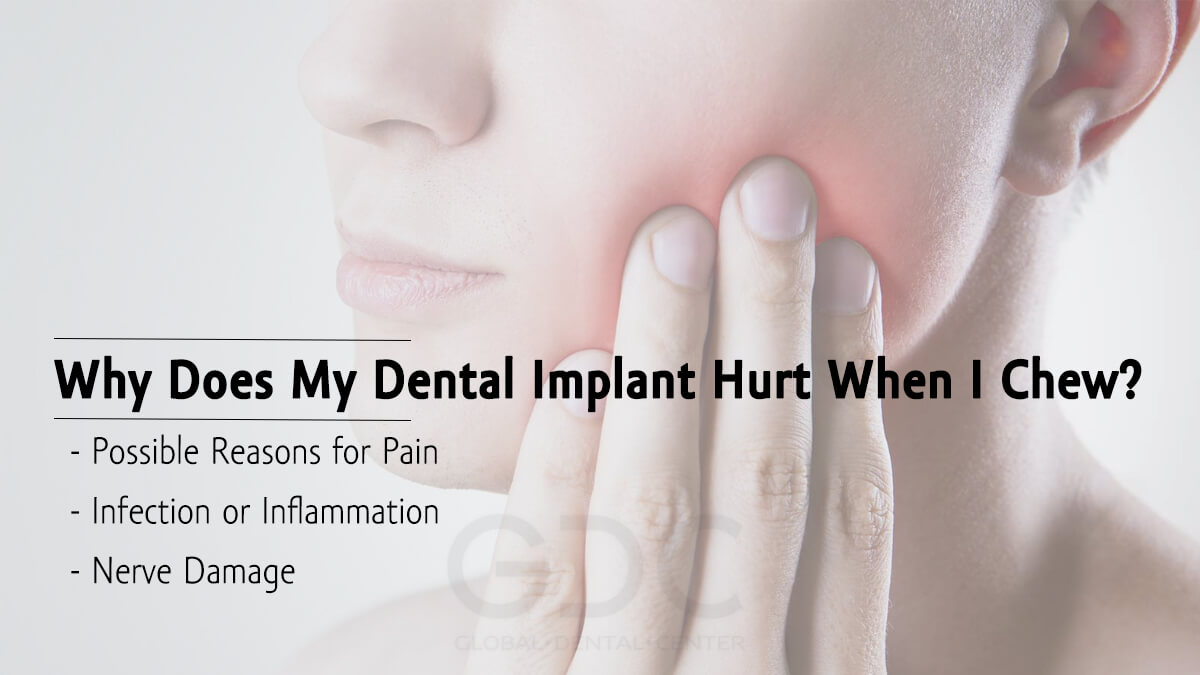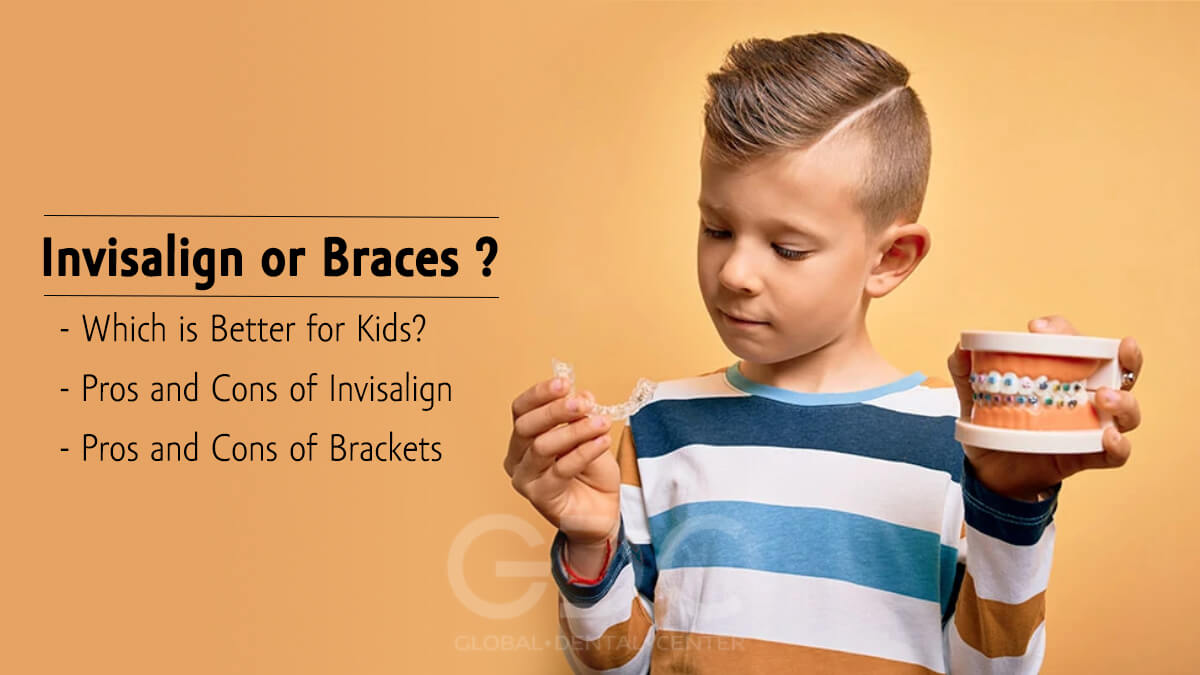
Gum bleeding is a widespread dental issue that many people experience. When you brush or floss your teeth, the gums bleed, which is a condition. Gum disease and tooth loss are more significant dental issues that can develop from bleeding gums if they are not managed. We’ll talk about the causes, signs, and treatment of bleeding gums in this post.
Causes of Bleeding Gums
The different causes of bleeding gums are numerous. The most frequent reason is bad oral hygiene, which causes plaque and tartar to accumulate on the teeth. If not removed, plaque, a sticky film of germs that accumulates on the teeth and gums, hardens into tartar. The gums get irritated and bleed as a result of tartar buildup.
Other causes of bleeding gums include:
- Brushing too hard or using a toothbrush with hard bristles
- Vitamin deficiencies, particularly vitamin C and K
- Hormonal changes during pregnancy or menopause
- Certain medications, such as blood thinners
- Gum disease, such as gingivitis or periodontitis
Symptoms of Bleeding Gums
Bleeding when brushing or flossing your teeth is, of course, the most evident sign of bleeding gums. Additional indications of bleeding gums could be:
- Swollen or red gums
- Bad breath or a bad taste in your mouth
- Loose teeth
- Receding gums
- Pain or discomfort when chewing
If you experience any of these symptoms, it’s important to see your dentist as soon as possible.
Treatment of Bleeding Gums
The underlying cause will determine how to treat bleeding gums. The best strategy to cure bleeding gums is to improve your oral care regimen if poor oral hygiene is the underlying reason. This entails using an antiseptic mouthwash, flossing every day, and cleaning your teeth twice a day with a soft-bristled toothbrush.
Your dentist could advise taking vitamin supplements or altering your diet if a vitamin deficit is the root of the problem. Gum health can be enhanced by consuming vitamin C-rich meals like citrus fruits and dark leafy greens.
Your dentist may need to change the prescription or dosage if you are taking blood thinners or other drugs that could be making your gums bleed.
Your dentist may advise extensive cleaning, which includes scaling and root planing to eliminate plaque and tartar accumulation below the gum line, in cases when gum disease is the underlying cause of bleeding gums. Surgery might be required in more severe circumstances.
Preventing Bleeding Gums
Using appropriate dental hygiene practices is the most effective technique to stop bleeding gums. This entails using an antiseptic mouthwash, flossing every day, and cleaning your teeth twice a day. Furthermore crucial are routine examinations and cleanings at the dentist.
You can take additional steps to stop bleeding gums in addition to practicing basic oral hygiene, such as:
- Eating a healthy diet rich in vitamin C and K
- Quitting smoking
- Avoiding sugary and acidic foods and drinks
- Managing stress
In summary, gum bleeding may indicate a more severe dental issue, including gum disease. It’s critical to schedule an appointment with your dentist right away if you develop bleeding gums. Your gum health can be improved and other dental issues can be avoided with the right treatment and precautions.





Free Consultation Form